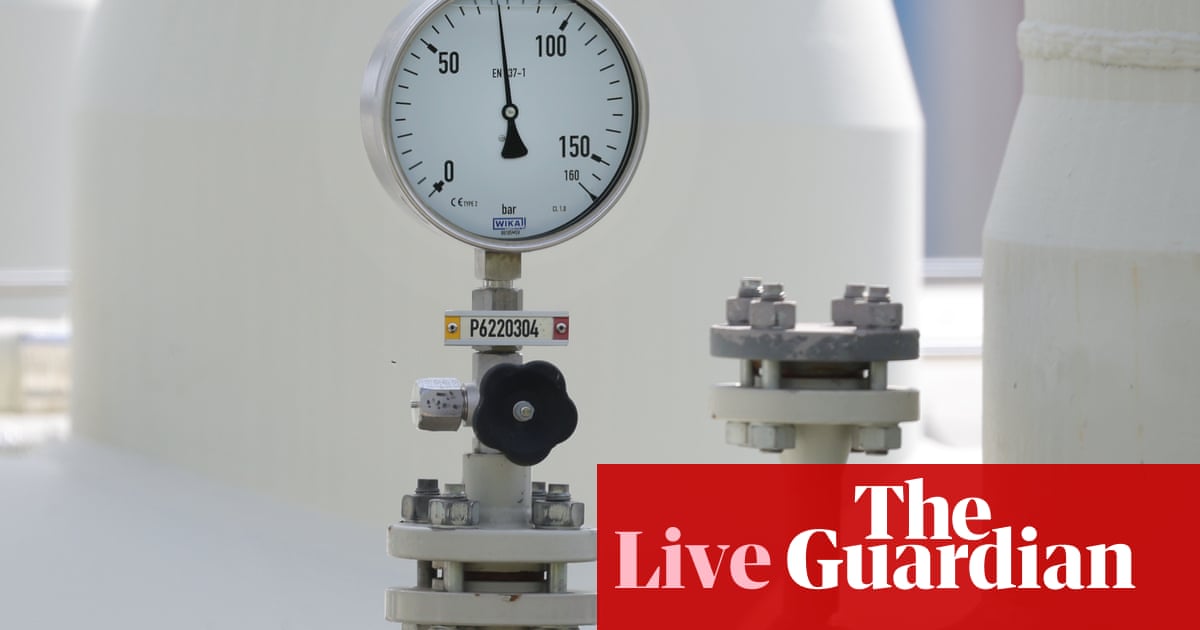Skip to main content
Daily resources for
academics and university staff
Everything you need for each step
of your study abroad journey
Visit timeshighereducation.com
Jobseekers:
Job description
We wish to appoint a Research Assistant or Research Associate who will be a member of the Stroke Research Group within the School of Life Course and Population Sciences, whose work will focus on the South London Stroke Register (SLSR).
The SLSR is one of the largest and longest running registries of stroke patients internationally, with >7000 patients registered since 1995. The successful candidate will be the lead analyst for a series of innovative projects in stroke epidemiology for a new NIHR funded programme aimed at improving the care of stroke patients, based on the SLSR and related datasets (Oxford Vascular Study, Sentinel Stroke National Audit Programme).
The programme aims to improve the lives of stroke survivors. The post holder will collaborate with statisticians, computer scientists, social scientists, health economists, policy makers, and stroke survivors and their carers. We aim to improve patient care by allowing effective planning of services, personalised care, and reducing inequalities in access to care and outcomes after stroke.
The post holder will have expertise in epidemiological research and analytics, and will lead and contribute to these aspects in the Programme. This will involve developing and applying analysis plans using a variety of advanced methods with the support of project supervisors. Key research areas include the incidence of the new ICD-11 definition of stroke, trends over time in health outcomes including disability, cognitive function and mental health, phenotyping stroke subtype and multimorbidity, individual risk and recovery prediction, and population projection.
The post holder will have completed a MSc (Research Assistant) or PhD (Research Associate) in a relevant discipline and have expertise in quantitative research methods. They will be someone who thrives in a highly collaborative and interdisciplinary environment, but is able to work independently, solve problems and deliver research to tight deadlines. The post holder will be supported to develop applications for funding for doctoral/post-doctoral fellowships arising from the programme.
This is an outstanding opportunity to further develop skills and expertise in health data science in a priority area for health research and build a research career through high quality publications, contributing to research proposals and taking advantage of developmental opportunities within the department and KCL.
King’s is committed to fostering an environment of equality, diversity and inclusion.
This post will be offered on an fixed-term contract from 1st March 2023 to 31st August 2024.
This is a full-time post – 100% full time equivalent
Key responsibilities
• Conduct epidemiological analysis (population incidence, survival analyses) of new ICD-11 SLSR data collection
• Apply advanced statistical and machine learning methods to model longitudinal trends in incidence and outcomes and derive patient phenotypes (multimorbidity, frailty, stroke subtype) from register data linked to health and administrative records
• Develop statistical tools (individual prediction, population projection) for integration into interactive patient and policy portals
• Prepare scientific/research data to be presented at internal and external meetings in relation to the programme of research
• Prepare and contribute to the preparation of manuscripts for publication in peer-reviewed journals
• Contribute to research proposals for further funding
• Contribute to the running of the SLSR project as appropriate to role and skill set.
• Ensure the success of a multidisciplinary research programme, contributing and leading the conduct of all epidemiology and analytics aspects
The above list of responsibilities may not be exhaustive, and the post holder will be required to undertake such tasks and responsibilities as may reasonably be expected within the scope and grading of the post.
Skills, knowledge, and experience
Research Assistant
Essential criteria
1) First degree in mathematics/biostatistics or MSc with high biostatistics content
2) Experience working with large datasets
3) Experience with relevant statistical software (R and Stata)
4) Research experience in Public Health/Epidemiology/Statistics
5) Ability to work in a multidisciplinary team and independently
6) Committed to equality, diversity and inclusion, actively addressing areas of potential bias
Desirable criteria
1) Desirable criteria MSc in Statistics or Epidemiology
2) Experience in stroke or cardiovascular disease research
Candidates are strongly encouraged to specifically address the essential criteria outlined in the Person Specification in their covering letter.
Research Associate
Essential criteria
1) PhD in Medical Statistics or Epidemiology
2) Experience working with large datasets
3) Experience with relevant statistical software (R and Stata)
4) Experience writing/contributing to manuscripts for publication
5) Research experience in Public Health/Epidemiology/Statistics
6) Ability to work in a multidisciplinary team and independently
7) Committed to equality, diversity and inclusion, actively addressing areas of potential bias
Desirable criteria
1) MSc in Statistics or Epidemiology
2) Experience of advanced statistical and/or machine learning methods, such as longitudinal analysis methods, latent variables models, clustering algorithms, missing data methods
3) Evidence of leading high-quality publications
4) Experience in stroke or cardiovascular disease research
Candidates are strongly encouraged to specifically address the essential criteria outlined in the Person Specification in their covering letter.
Further information
Stroke survivors, clinicians, and policymakers have asked for health information to be easier to access, and more effectively used. Effective hospital care means that more people with stroke are surviving, but often live with severe disability and co-morbidities. Improved availability and use of MRI scans mean that we are able to detect more stroke than ever before. We need to understand the impact of these changes to make sure that the best care can be provided to people after stroke. This research programme aims to improve the lives of stroke survivors by developing new ways of collecting, analysing, and modelling data.
School of Life Course & Population Sciences
The School of Life Course & Population Sciences is one of five Schools that make up the Faculty of Life Sciences & Medicine at King’s College London. The School unites over 400 experts in women and children’s health, nutritional sciences, population health and the molecular genetics of human disease. Our research links the causes of common health problems to life’s landmark stages, treating life, disease and healthcare as a continuum. We are interdisciplinary by nature and this innovative approach works: 91 per cent of our research submitted to the Subjects Allied to Medicine (Pharmacy, Nutritional Sciences and Women’s Health cluster) for REF 2014 was rated as world-leading or internationally excellent. We use this expertise to teach the next generation of health professionals and research scientists. Based across King’s Denmark Hill, Guy’s, St Thomas’ and Waterloo campuses, our academic programme of teaching, research and clinical practice is embedded across five Departments.
About the School: slcps
About the Faculty: LSM
About the Medical Statistics Unit: Medical Statistics
back to top
© 2015 – 2022 THE World Universities Insights Limited. Powered by Madgex Job Board Software



